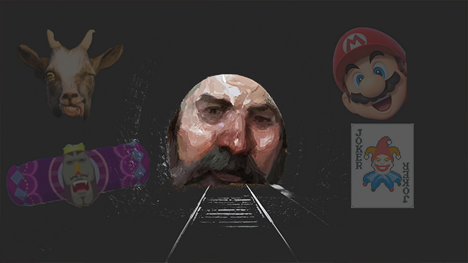SAG-AFTRA says terms of controversial AI voice deal will inform future negotiations
"The terms in the Replica Studios Agreement are in alignment with and support the Interactive Media Agreement negotiations."
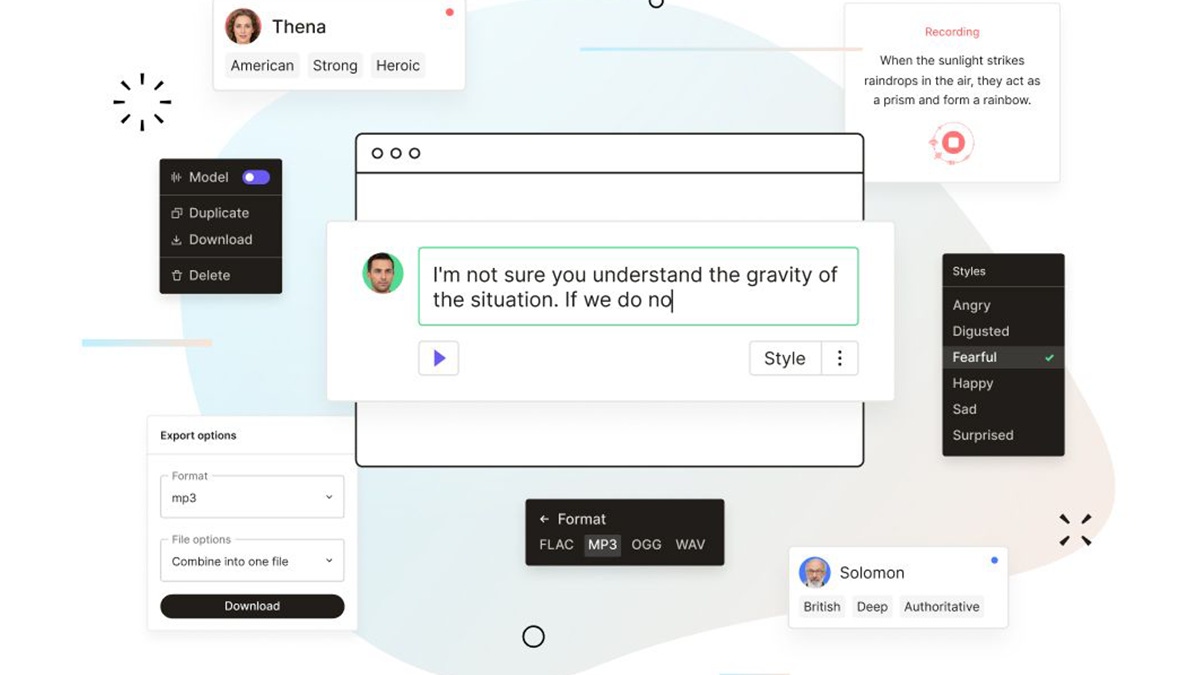
Game actors union SAG-AFTRA has released a deluge of documents in a bid to clarify exactly how it's AI agreement with voice technology company Replica Studios will function, and has emphasized the deal is an "experimental" one-year agreement. Notably, it also acknowledged the terms of the deal will inform the ongoing Interactive Media Agreement negotiations.
The agreement will enable Replica, which has worked with studios like Squanch Games, PlaySide, Crytek, and Hangar 13, to digitally replicate the voices of game actors using AI technology once consent has been provided.
SAG-AFTRA explained the deal includes protections such as compensation for the creation and development use of Digital Voice Replicas (DVRs), deletion protocols that require DVRs to be torched once a project or contract has ended, and a three-year limit on foundational models and training usage (which performers must be paid for).
Those details and many more have been made public after SAG-AFTRA released the full terms of the agreement and a condensed summary on its website in response to widespread criticism of the deal.
As reported by the BBC, a number of prominent voice performers have trashed the agreement, with World of Warcraft actor Andrew Russell branding it "garbage." Persona 3: Reload performer Shelby Young added that she was "really disappointed" in SAG-AFTRA.
In response to our own coverage, a number of industry figures expressed outrage and indicated they wouldn't be using DVRs. Gearbox lead writer Morgan Lockhard described actors as "collaborators" who use their humanity to bring characters to life, while The Elder Scrolls Online writer and designer Andrew Siañez-de la O suggested the MMO wouldn't be the same without its voice cast and that AI tech shouldn't be used to remove them from the process.
SAG-AFTRA tries to quell concerns but confirms Replica deal could shape Interactive Media Agreement
SAG-AFTRA has attempted to address some of those concerns in an FAQ and stated the deal was shaped with input from members before being unanimously approved by the National Executive Committee.
"The Replica Studios Agreement was bargained and unanimously approved by the Interactive Media Negotiating Committee, the SAG-AFTRA committee with oversight of this contract area. It is made up of actors who regularly work in the video game industry. The committee members were involved throughout the negotiation process, including in setting the minimum terms for negotiations. They also had the opportunity to meet with Replica Studios to ask questions and provide feedback directly to its founder and CEO," said the union.
"This Agreement sets important standards for safe and ethical digital voice replica creation and use, including requirements for: safe storage of performer data; transparency around the nature of the intended use of a digital voice replica, allowing for informed performer consent for all uses; fair minimum compensation, and pension and health contributions."
Although SAG-AFTRA noted the Replica deal isn't part of any other agreement–including the Interactive Media Agreement (IMA) it's currently hashing out with partner studios to secure AI protections for performers–the union believes it could have a positive impact on those negotiations.
"The terms in the Replica Studios Agreement are in alignment with and support the Interactive Media Agreement negotiations as a concrete act of compliance with the transparency, consent, and compensation we are bargaining for in the IMA," adds the FAQ.
As for why all members weren't consulted on the Replica Studios deal, SAG-AFTRA explained that single employer agreements are approved by the Executive Committee or National Board and are never sent out to a membership referendum.
AI viewpoints differ, but SAG-AFTRA insists performers must confront the reality of technological progress
The union acknowledged that "member viewpoints on AI vary greatly" but feels the Replica Studios agreement remains a "forward-looking" deal that provides important protections while still allowing performers excited about AI tech to ply their trade in a "rapidly-developing area."
"Entering into a contract like this now, as use of AI technology in the video game industry is still developing, allows us to help guide the industry toward fair compensation and working conditions for professional performers. The 'experimental' one-year term means we can quickly negotiate adjustments with Replica Studios should new circumstances come to light that warrant a change in terms," continued the union.
"While we understand and respect that some members strongly oppose any use of AI in entertainment, there are other members who are eager to embrace new income streams, and there are also members who would engage with new technologies under the right circumstances. The reality is that this area is already developing, with foreign and non-union companies setting terms and conditions that, at best, are below what our members expect or, at worst, are highly exploitative. The Replica Studios Agreement is an important step toward setting fair terms that will protect our members in this new space into the future."
Anybody interested in poring over the complete Replica Studios agreement should click here. A brief summary of key terms is also available alongside SAG-AFTRA's own FAQ.
Read more about:
Top StoriesAbout the Author(s)
You May Also Like


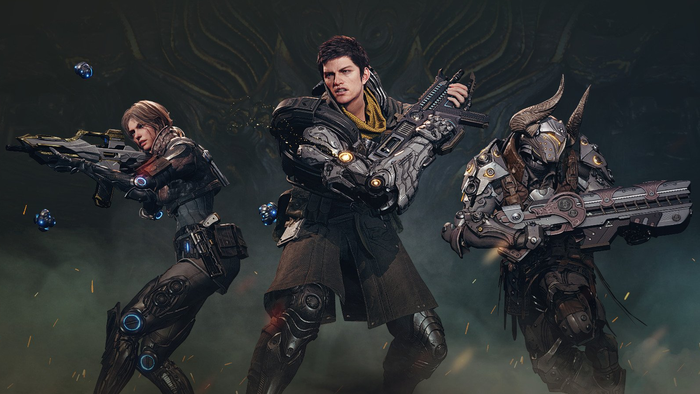
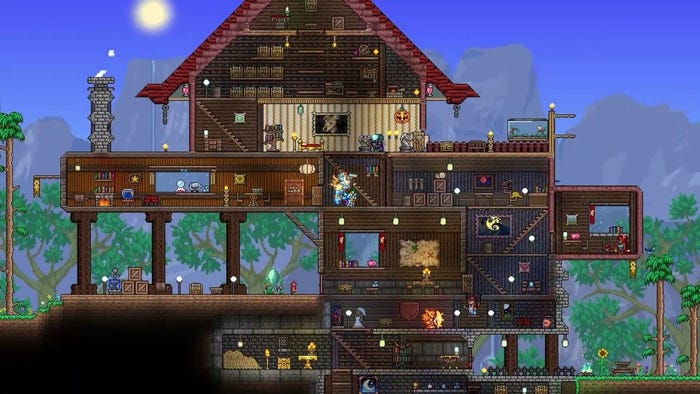
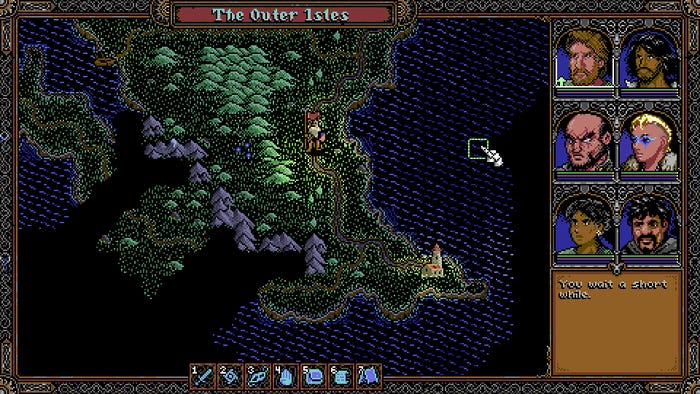


.jpeg?width=700&auto=webp&quality=80&disable=upscale)


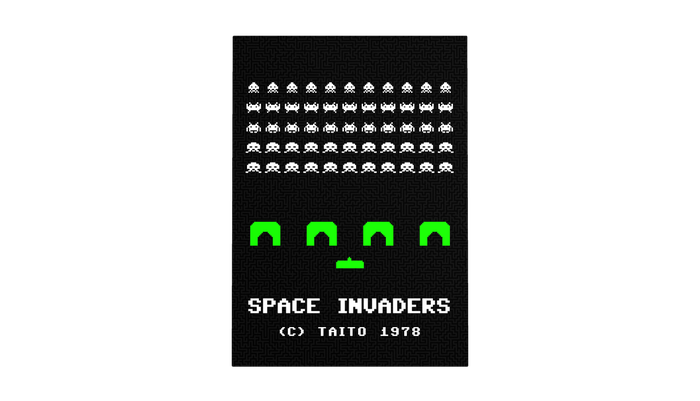
.jpg?width=700&auto=webp&quality=80&disable=upscale)
